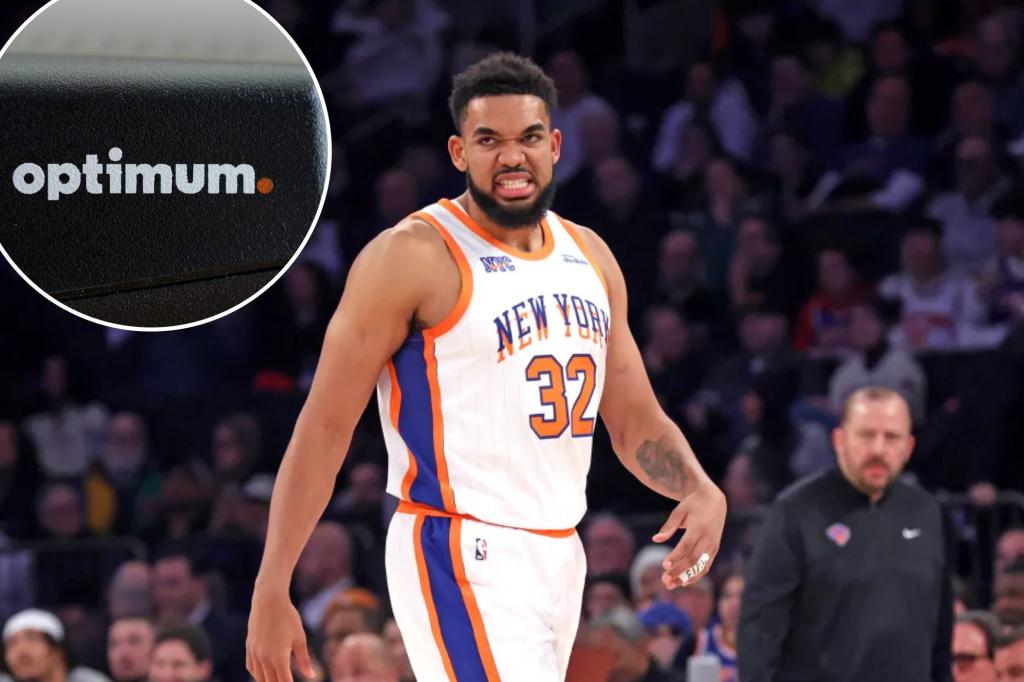The protracted dispute between MSG Networks, the broadcasting home of several New York area sports teams, and Altice, the parent company of Optimum cable television service, has escalated with the breakdown of negotiations. This impasse leaves Optimum subscribers without access to games of the New York Knicks, Rangers, Islanders, and New Jersey Devils. The core issue revolves around carriage fees, the amount Optimum pays MSG Networks for the right to carry its programming. The previous agreement, which reportedly cost Optimum $10 per subscriber, expired at the start of the year, triggering the blackout that continues to frustrate sports fans.
MSG Networks publicly accused Altice of abandoning negotiations and withdrawing its final offer. This move signals a hardening of positions, making a swift resolution increasingly unlikely. Adding fuel to the fire, Altice also dropped WPIX Channel 11 and other local stations from its lineup, further limiting programming options for subscribers. MSG Networks capitalized on this development, urging disgruntled Optimum customers to switch to competitor Verizon Fios, which is offering special deals to entice dissatisfied Altice subscribers. The statement from MSG Networks also highlighted the perceived unfairness of Optimum continuing to charge customers for regional sports programming they are no longer receiving, advocating for a monthly credit of at least $10 per subscriber.
This dispute exemplifies the complex and often contentious relationship between content providers and distributors in the cable television landscape. Regional sports networks (RSNs) like MSG Networks hold valuable programming rights, particularly in markets with passionate fan bases. Cable providers, in turn, need this programming to attract and retain subscribers. The negotiation of carriage fees becomes a battleground where each side seeks the most advantageous terms. RSNs argue for higher fees to reflect the popularity and demand for their content, while cable providers aim to control costs and maintain affordable subscription rates.
The breakdown in negotiations is particularly damaging for fans, who are caught in the crossfire. They are deprived of access to their favorite teams’ games, forced to explore alternative viewing options, and potentially incur additional expenses. The escalating rhetoric from both sides further fuels fan frustration and erodes trust in both companies. While each side blames the other for the impasse, subscribers are left with limited options and a sense of powerlessness.
The financial implications of this dispute are significant for both MSG Networks and Altice. MSG Networks loses revenue from lost carriage fees and potentially reduced advertising revenue due to lower viewership. Altice risks losing subscribers to competitors, particularly those offering access to the coveted sports programming. The longer the blackout persists, the greater the potential financial damage for both parties. The potential loss of advertising revenue for MSG Networks could also impact the teams they broadcast, potentially affecting player salaries and team operations.
Ultimately, the resolution of this dispute will likely require compromise from both sides. Finding a middle ground on carriage fees that satisfies both MSG Networks and Altice will be crucial. The pressure from disgruntled fans, potential subscriber losses, and the looming prospect of further financial damage may eventually force both parties back to the negotiating table. Until then, fans remain in limbo, hoping for a resolution that restores their access to the games they love.

